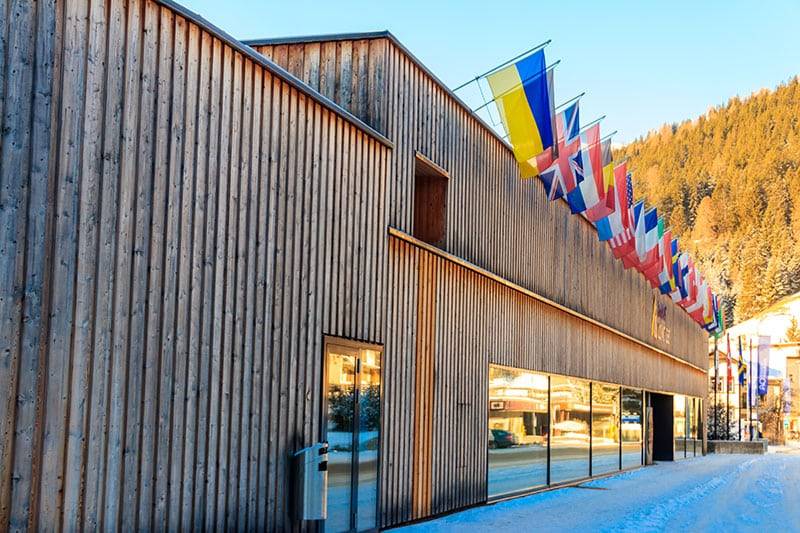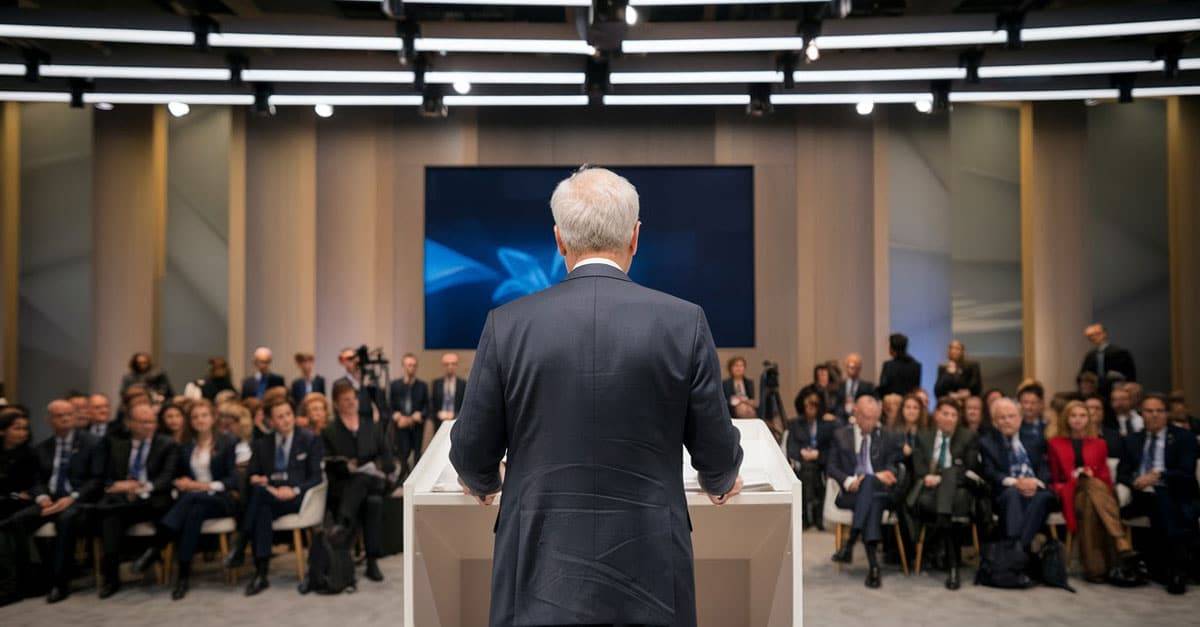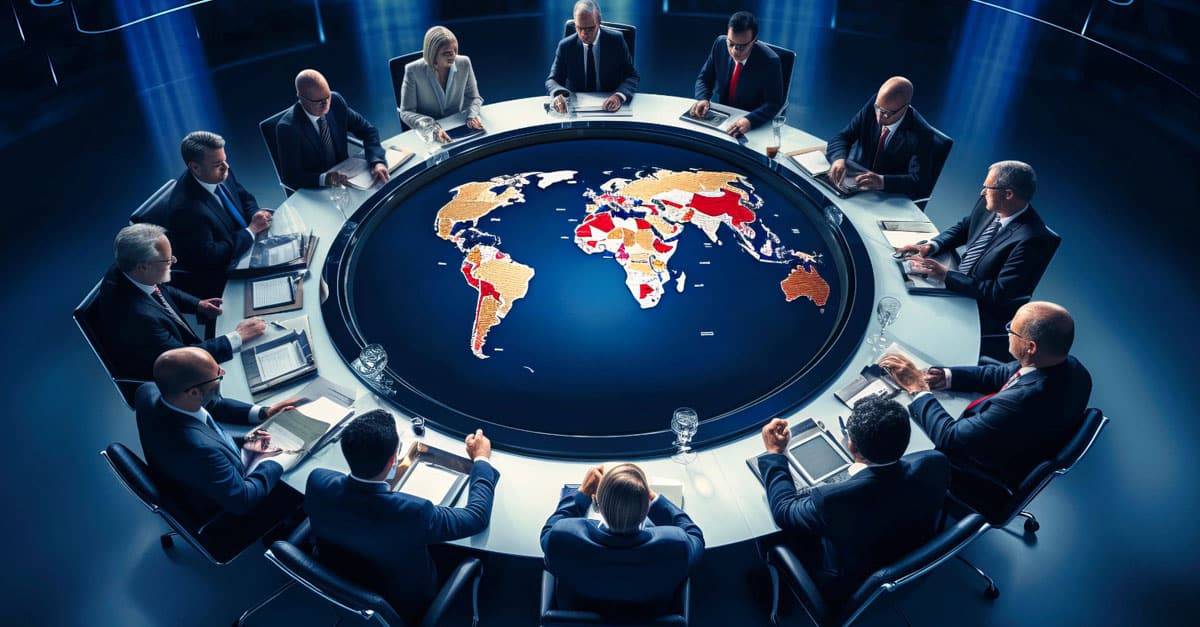
This year, the Forum bears the title “Rebuilding Trust” and it will provide a crucial space to focus on the fundamental principles driving trust, including transparency, consistency, and accountability. More than 100 governments, all major international organisations, 1000 Forum´s Partners, as well as civil society leaders, experts, youth representatives, social entrepreneurs, and news outlets will take part in demonstrating entrepreneurship in the global public interest while uploading the highest standards of governance. The institutional culture of the event is founded on stakeholder theory, which asserts that an organisation is accountable to all parts of society.
International Dialogue and Political Meetings
Throughout its history, the Forum has become not only a meeting place for world leaders but also a venue for international dialogue. Already at the second Forum in 1972, the head of government, President Pierre Werner of Luxembourg, was one of the speakers. Events in 1973, including the collapse of the Bretton Woods fixed-exchange rate mechanism and the Yom Kippur War, saw the annual meeting as an occasion for discussing political and social issues. Political leaders soon began to use the annual meeting as a venue for promoting their interests. For example, the Davos Declaration was signed in 1988 by Greece and Turkey, helping them turn back from the brink of war.
In 1992, South African President Frederik Willem de Klerk met with Nelson Mandela and Chieg Mangosuthu Buthelezi at the annual meeting, their first joint appearance outside South Africa. At the 1994 annual meeting, Israeli Foreign Minister Shimon Peres and Palestine Liberation Organisation chairman Yasser Arafat reached a draft agreement on Gaza and Jericho. In 2017, the WEF attracted considerable attention when, for the first time, a head of state from the People´s Republic of China was present at the alpine resort. Topics in 2022 included the Russian invasion of Ukraine, climate change, energy insecurity, and inflation. Ukraine’s president, Volodymyr Zelenskyj, gave a special address at the meeting, thanking the global community for its efforts and calling for more support. The Forum was also marked by the absence of a Russian delegation for the first time since 1991.
Regional Conferences and Sustainability Recommendations
The financing of the WEF comes from a foundation consisting of 1,000 member companies, typically global enterprises with more than USD 5 billion in turnover, as well as public subsidies. Aside from Davos, the organisation convenes regional conferences in locations across Africa, East Asia, Latin America, and India and holds two additional annual meetings in China and the United Arab Emirates.
Your Wealth, Our Priority: Altoo's Consolidation Power, Secure Document Management, and Seamless Stakeholder Sharing for High Net Worth Individuals. Preview Platform.
The overarching theme of the Open Forum Davos 2024 is From Lab to Life Science in Action. For the first time, local NGO Greenup, in collaboration with the city of Davos, is hosting the Climate Hub, which is open to all during the Annual Meeting. This novel space brings together people working on climate and nature and welcomes all those wanting to collaborate and be inspired to do more. Events include climate-related movie screenings, premieres, talks, or workshops.
For other private events held around Davos at the same time as WEF, there are recommendations to comply with Forum´s commitment to sustainability. For example, ensuring that temporary heating facilities follow local regulations, including necessary insulation, air traps or curbs at entrances, and temperature controls, The natural light should be maximised, and the organisers are supposed to reduce or avoid single-use packaging. By catering, it is good to install local water dispensers with fresh mountain water from the tap and to choose local over imported suppliers of food and beverages.

















